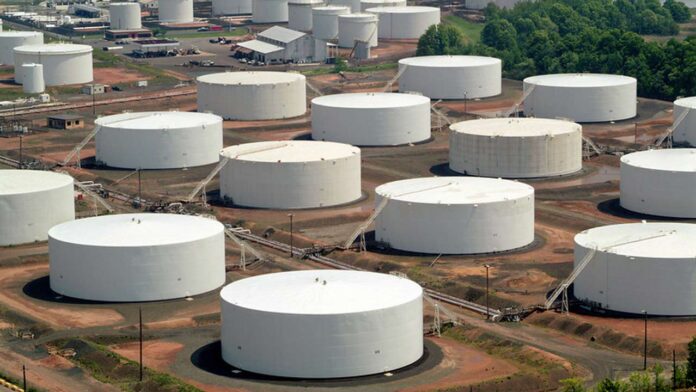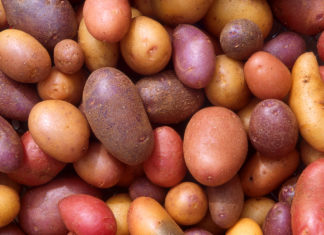WASHINGTON: The United States said on Tuesday it will release millions of barrels of oil from strategic reserves in coordination with China, India, South Korea, Japan and Britain, to try to cool prices after Opec+ producers repeatedly ignored calls for more crude.
US President Joe Biden, facing low approval ratings amid rising inflation ahead of next year’s congressional elections, has grown frustrated at repeatedly asking the Organisation of the Petroleum Exporting Countries and its allies, known as Opec+, to pump more oil without getting any response.
Crude oil prices recently touched seven-year highs and although they are still some way short of levels reached between 2011 and 2014, when they broke through $100 a barrel, many consumers are feeling the pain of a dramatic increase from a year ago.
The US announcement was for a release of 50 million barrels, the equivalent of about two and a half days of US demand. India, meanwhile, said it would release 5 million barrels, while Britain said it would allow the voluntary release of 1.5 million barrels of oil from privately held reserves.
Details on the amount and timing of the release of oil from South Korea, Japan and China were not announced. Seoul said it would decide after discussions with the United States and other allies. And Japanese media said Tokyo would detail its plans on Wednesday.
Officials said it was the first time that the United States had coordinated such a move with some of the world’s largest oil consumers.
Opec+, which includes Saudi Arabia and other US allies in the Gulf, as well as Russia, has rebuffed requests to pump more at its monthly meetings. It meets again on Dec 2 to discuss policy but has so far shown no indication it will change tack.
The group has been struggling to meet existing targets under its agreement to gradually increase production by 400,000 barrels per day (bpd) each month — a pace Washington sees as too slow — and it remains worried that a resurgence of coronavirus cases could once again drive down demand.
Recent high oil prices have been caused by a sharp rebound in global demand, which cratered early in the pandemic in 2021, and analysts have said that releasing reserves may not be enough to curb further rises.
“Its not large enough to bring down prices in a meaningful way and may even backfire if it prompts Opec+ to slow the pace at which it is raising output,” said Caroline Bain, chief commodities economist at Capital Economics Ltd.
Benchmark Brent crude was trading above $80 a barrel on Tuesday, up from its levels before the announcement but still well below last month’s three-year high of more than $86.
The release from the US Strategic Petroleum Reserve would be a combination of a loan and a sale to companies, US officials said. The 32 million barrels loan will take place over the next several months, while the administration would accelerate a sale of 18 million barrels already approved by Congress to raise funds for the budget.
“We will continue talking to international partners on this issue. The president stands ready to take additional action if needed, and is prepared to use his full authorities working in coordination with the rest of the world,” a senior US administration official told reporters.
An Opec+ source and several market analysts said the release was not as big as the headline figure suggested.























